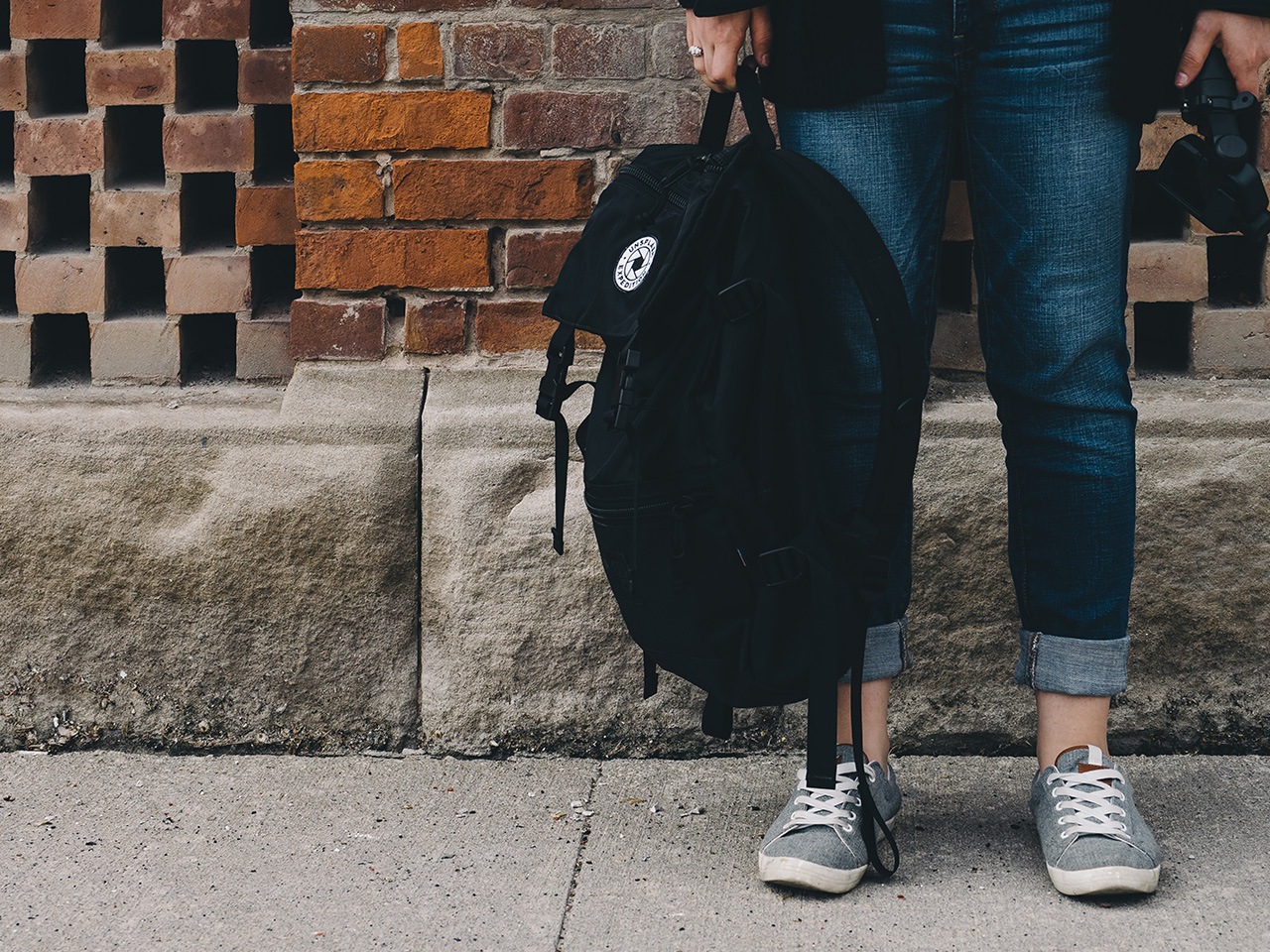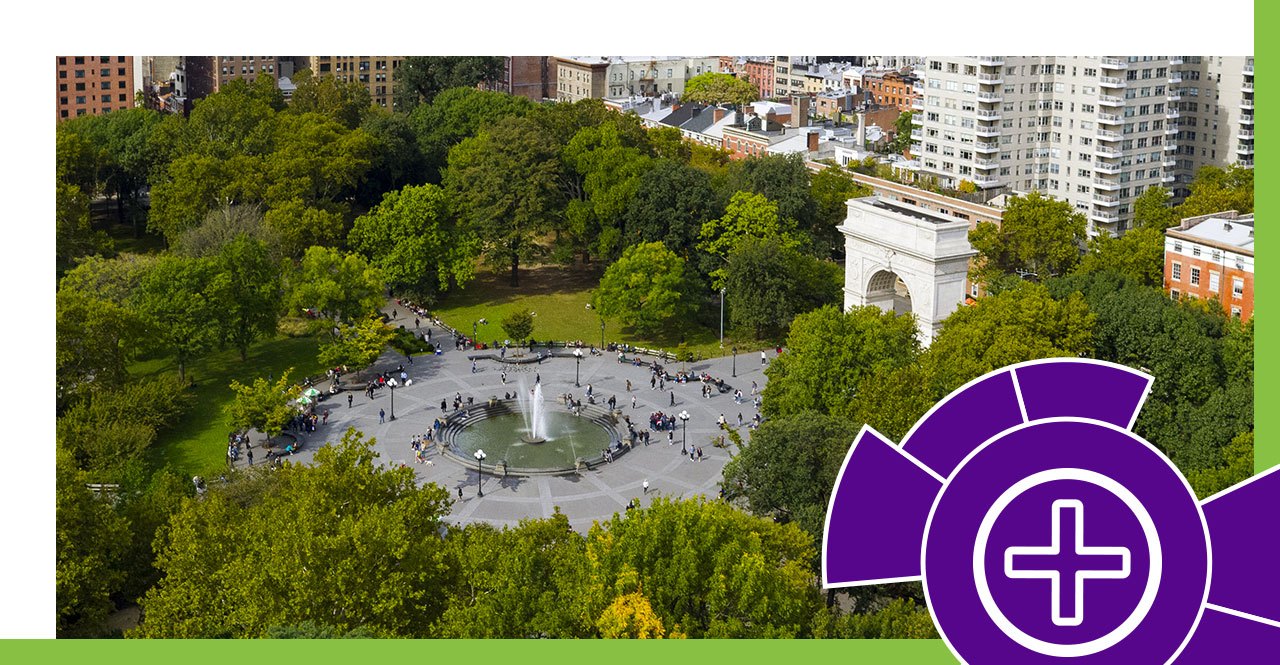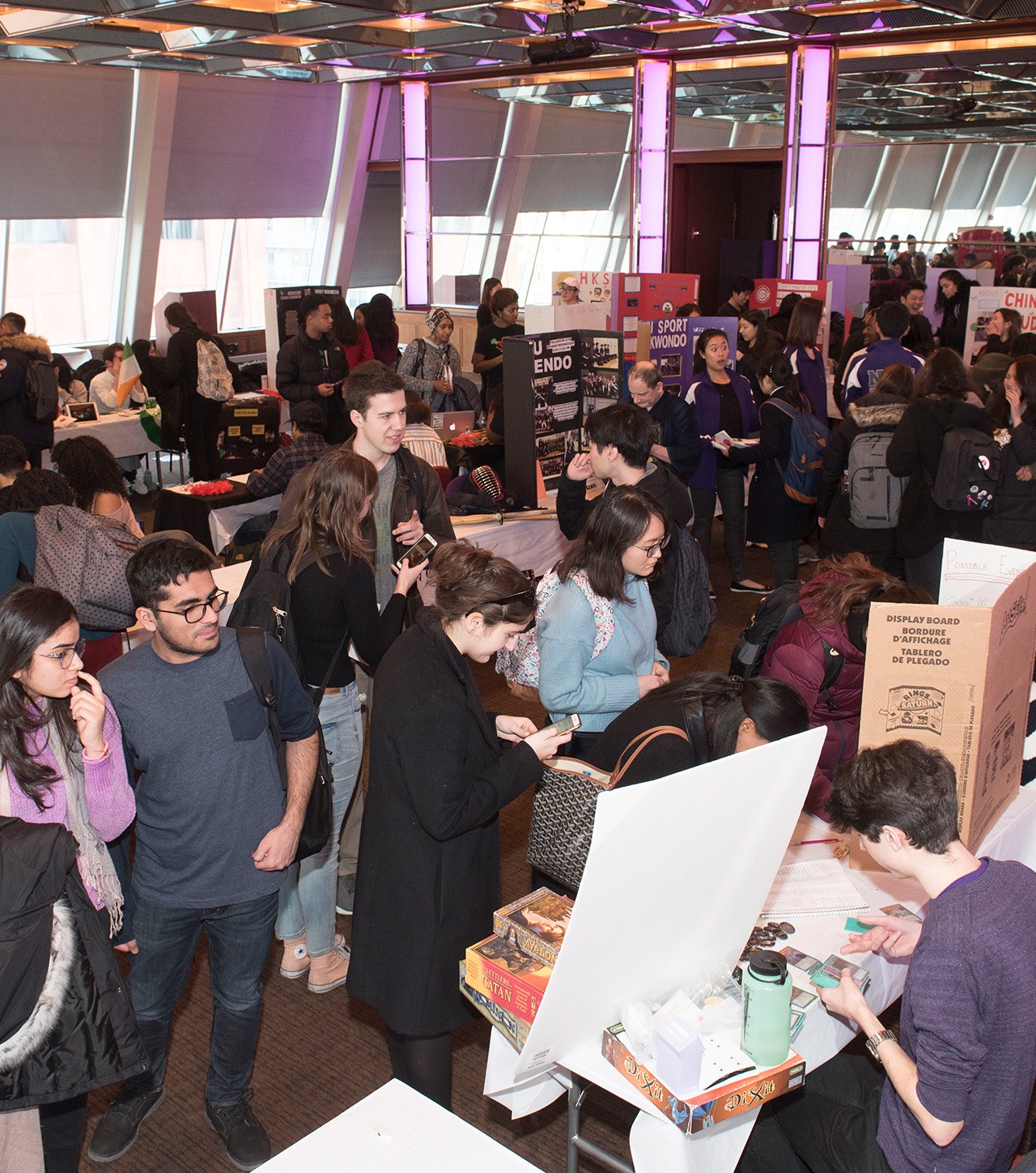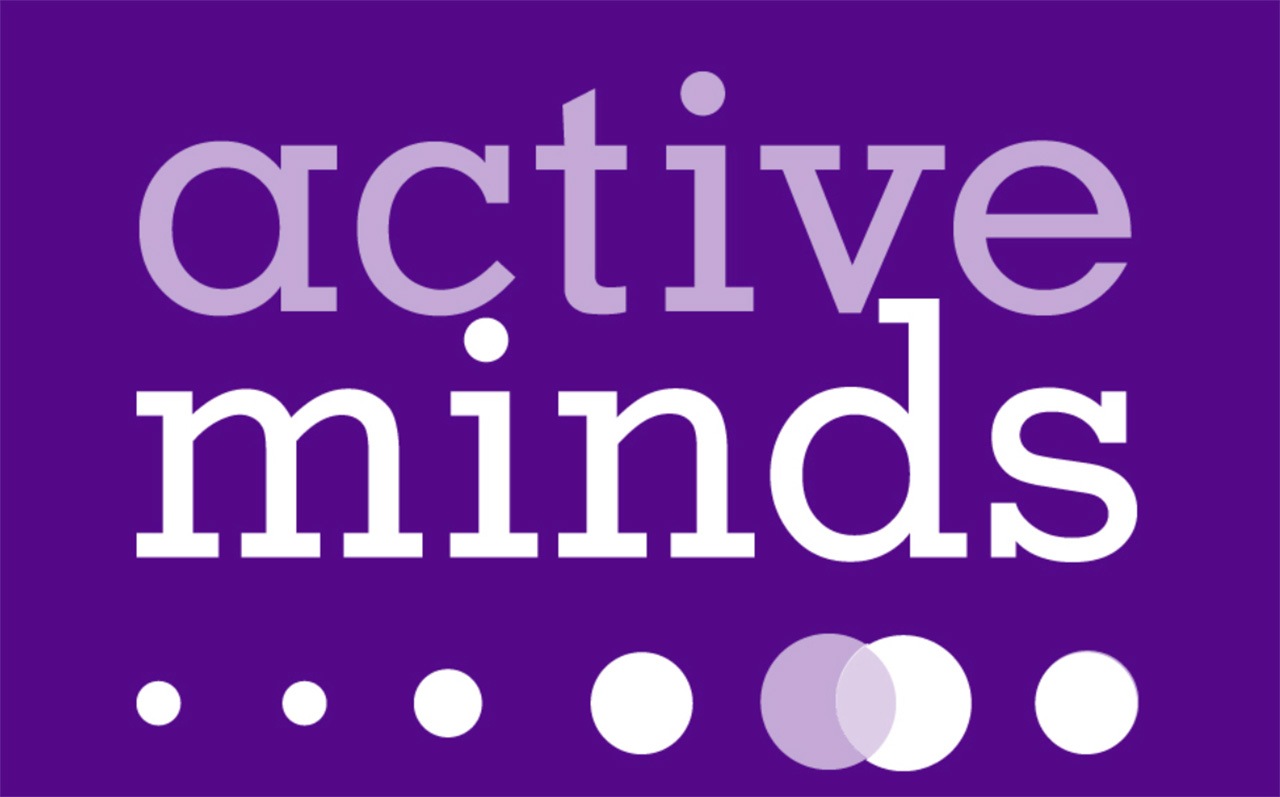
The world has changed so much this semester because of the spread of COVID-19. But despite it all, NYU students are finding new ways to connect with and support one another. Starting this year, Alyssa Goldberg, a Psychology major at the College of Arts and Science (CAS), reactivated NYU’s Active Minds chapter. With more than 500 chapters in colleges and high schools across the country, national nonprofit Active Minds seeks to destigmatize mental illness for students and encourage anyone struggling to reach out. In the months ahead, the club hopes to build awareness, spark conversation, and empower students in this time of unprecedented change.


A Fresh Start
As a longtime mental health advocate, Alyssa participated in several mental health–related campaigns and clubs in high school. When she came to NYU, she wanted to provide students with a similar welcoming community and accessible care. She also wanted to empower them to become advocates themselves. “My hope is for Active Minds at NYU to be a powerful force in mental health advocacy on and off campus,” she says.
“Many students are likely struggling with their mental health right now. It is so important that we connect with each other and find help. Student-led initiatives are an incredibly important component of the fight for comprehensive mental health care and the fight against stigma,” explains Alyssa. “We want to create an environment that is not only more accepting of mental health issues but provides students the access to the care they need.”
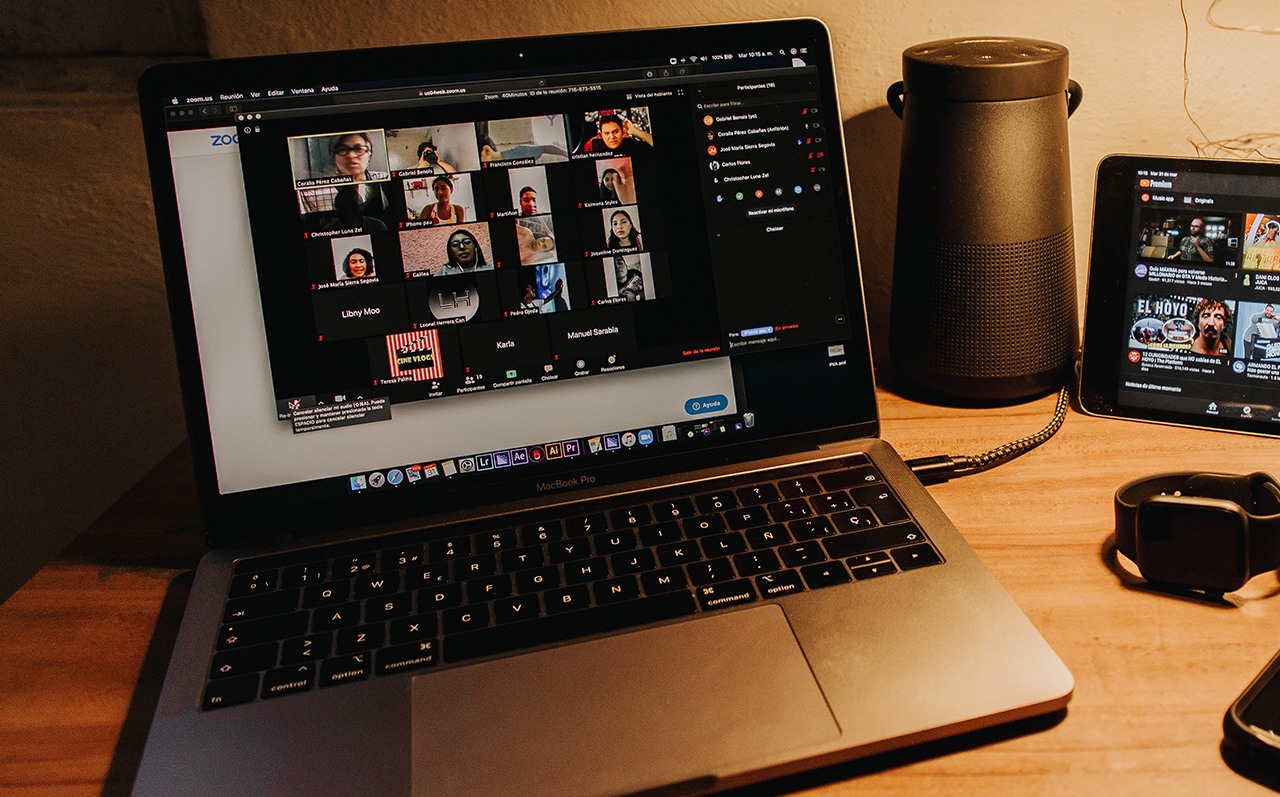
A Virtual Shoulder to Lean On
Active Minds NYU had big plans for the year ahead. But the COVID-19 pandemic caused them to step back and reconsider their structure and priorities. With a focus on accessibility and convenience, they now host biweekly Zoom meetings. Any NYU student can join through the NYU Engage portal.
Since the usual in-person outreach events are off the table for the time being, meetings are an opportunity to share resources and facilitate discussions on various issues related to mental health. These include managing COVID-related anxieties and maintaining general well-being. “There’s a barrier between having a mental illness and being able to get help,” says Shannon Hu. She is a Neural Science major at CAS and the vice president of NYU’s Active Minds chapter. “We’re ready to engage with the NYU community to help anyone who is going through tough times.”
Recently, Active Minds presented at the Tandon School of Engineering’s Virtual Town Hall on COVID-19’s impact on mental health. At the end of May, they plan to fundraise in support of NAMIWalks. Hosted by the National Alliance on Mental Illness (NAMI), this annual walk is organized to raise money and awareness for mental health. This year, the walk will occur at 120 virtual sites across the country. Going forward, students will have the opportunity to speak with specialists. They can also volunteer and do advocacy work themselves.
“To students struggling with your mental health during this challenging time: you’re not alone in feeling what you’re feeling!” says Alyssa. “It may seem like quarantine should be this time where you’re extra productive and mastering new skills. But in reality, many students are experiencing increased symptoms of anxiety and depression. Go easy on yourself. Remember to practice self-care. And know that it’s OK to reach out for help if you need it.”
If You Need Help
NYU’s Student Health Center offers virtual counseling for anything you need to talk through. There is also the 24/7 Wellness Exchange hotline and app. Using Wellness Exchange, you can talk or text with a counselor no matter where you are.
Other resources that Alyssa recommends include:
The Crisis Text Line provides free, confidential, 24/7 support to people experiencing a crisis. Students can text HOME to 741-741 to connect to a crisis counselor.
The Lifeline provides 24/7, free, and confidential support for people in suicidal crisis or emotional distress. Call 1-800-273-8255 to connect with a local crisis center.

